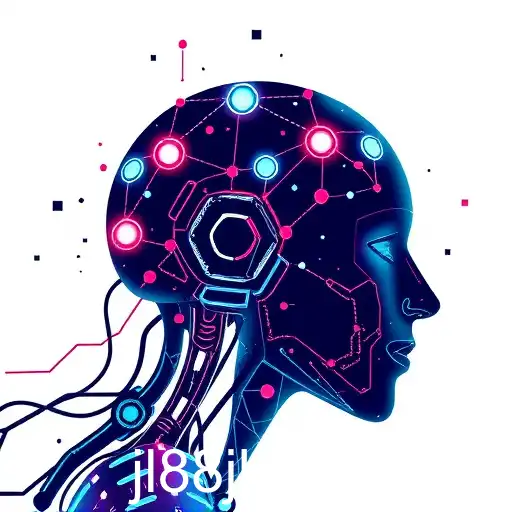
Global Tech Shift: AI and Sustainability Lead the Way

In recent years, the global technology landscape has undergone significant transformation, with artificial intelligence (AI) and sustainability emerging as central themes. Companies and governments worldwide are investing heavily in AI and sustainable practices, redefining how technology integrates with everyday life.
The incorporation of AI technologies enables businesses to optimize processes, enhance decision-making, and create innovative solutions to complex problems. From automated customer service platforms to advanced data analytics, AI is transforming various sectors, including healthcare, finance, and education. Furthermore, AI is playing a crucial role in addressing environmental challenges, offering tools for better resource management and pollution monitoring.
Simultaneously, there is an increasing emphasis on sustainability, spurred by global climate challenges and consumer demand for eco-friendly solutions. Organizations are prioritizing sustainable practices to reduce carbon footprints and embrace renewable energy sources. This shift is evident in the rise of green technologies and circular economies, ensuring that environmental responsibility becomes an integral part of corporate strategies.
The combination of AI and sustainability initiatives is driving the next wave of technological innovation. Companies like Tesla and Google are leading the charge, with Tesla integrating AI in its electric vehicles to optimize performance and energy efficiency. Similarly, Google's AI divisions are working on projects aimed at reducing data center energy consumption.
Governments are also recognizing the potential of AI and sustainability to create more resilient economies. Policies and grants are being introduced to support research and development in these areas, promoting job creation and technological advancement. The European Union, for instance, has committed billions to AI research and to achieving net-zero emissions by 2050.
Challenges remain, however, including ethical concerns related to AI deployment and the need for stringent regulations to ensure data privacy. The pace of AI development is also raising fears about the displacement of jobs and the need for new skills in the labor market. Similarly, achieving sustainability goals requires overcoming significant technological and economic hurdles, necessitating global cooperation.
As AI and sustainability continue to evolve, they represent a symbiotic relationship that could redefine human and environmental interaction in the coming decades. Stakeholders must navigate these dynamics carefully to harness the full potential of this technological revolution.
The Growing Influence of Online Game Platforms
An analysis of the impact and trends of online game platforms in 2025.
The Rise of 88jl: A Digital Revolution in Gaming
Exploring how 88jl is transforming the online gaming landscape amidst evolving technological and societal dynamics.
88jl: Revolutionizing Online Gaming in 2025
An in-depth look at how 88jl is shaping the future of online gaming in 2025, with insights and predictions related to the current gaming landscape.
 Skip to content
Skip to content





